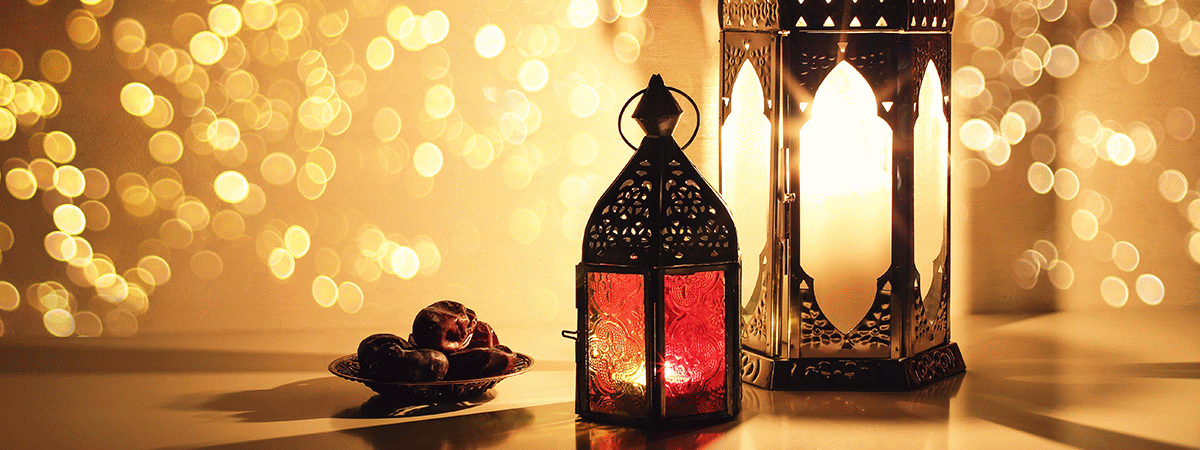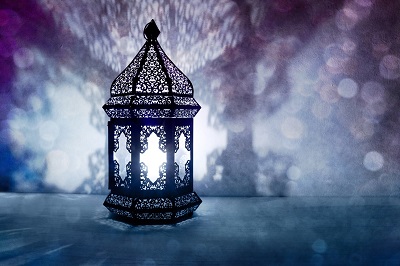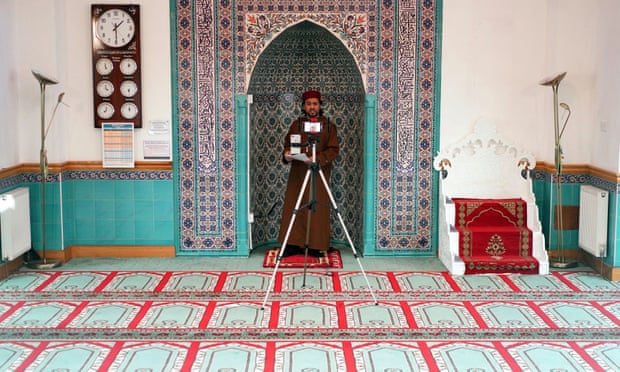The Muslim Council of Britain (MCB), the largest Muslim organization in the UK, has issued guidelines for millions of people celebrating Ramadan during covid-19. Ramadan 2021 will not be different than last year due to lock down and covid-19 restrictions. Due to devastating infectious impact of corona 2nd and 3rd variant, there will be no group worship outside the house, no Taraweeh prayers and also there will be no Iftar parties or big invitations from friends and relatives.
Ramadan (fasting) is one of the five pillars of Islam and it is one of the most important months of the year for Muslims around the world. Beginning on the 12 April 2021, the majority of Muslims will be fasting during daylight hours.

In Ramadan, many people are unaware that the initiatives they can take to boost their physical and mental health during the day are now more difficult than last year, as the 2nd and 3rd wave of corona pandemic has more disastrous impact on their socio-economic life.
Instead, the MCB has suggested online virtual iftar with its loved ones and relatives using video chat as an alternative and has also provided guidance in this regard. The guideline says to plan your iftar in advance so that you do not have to go to the shops again and again for shopping.
It also recommends eating more nutritious and late soluble foods at dawn to maintain energy levels throughout the day. Fasting can sometimes lead to mood swings, especially when one is awake most of the night and is expected to start working early in the morning.

The MCB has advised Muslims to “take care of their workplace and their duties and treat the people around them with patience and kindness.” But it also warns that employers who do not show flexibility during fasting hours without a valid business reason will commit illegal acts and indirect discrimination.
The holy month of Ramadan is of special significance to nearly two billion Muslims around the world. In any ordinary year, this month is a month of great generosity and charity with collective worship, fasting during the day, invitations at night, social harmony and fellowship, as Muslims renew their faith in this blessed month.
Nevertheless, for most Muslims during the month of Ramadan, individual loneliness can be completely unconscious. Usually the whole community goes out late at night after Iftar with their relatives and neighbors to meet and enjoy each other. But Dr. Ayman al-Badawi, an expert in Islamic jurisprudence, believes that the spirit of Ramadan will live on.
“Many specific acts of worship in Ramadan can be maintained in isolation,” he said.
“Even for some of us, the spiritual aspect of it may increase due to less than usual distraction.”
“Certainly there will be a lack of collective action during the sanctions, but there are already many steps being taken to co-operate.”
Share your experience
We’d like to hear from Muslims in the UK about how they are observing Ramadan during the lockdown. Are you taking part in online community iftars or prayer meets? How are you keeping in touch with your extended family and community? Have you taken part in any virtual initiatives or community projects?

